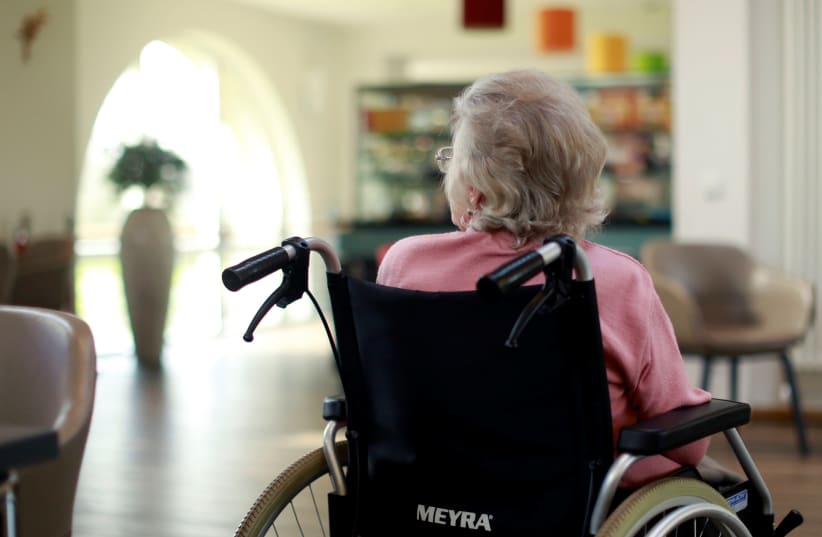A review carried out by Dr. Sharon K. Inouye, a geriatrician at Harvard Medical School and Hebrew SeniorLife found that elderly people have been excluded or underrepresented from a large quantity of COVID-19 related studies, a demographic disproportionately affected by the outbreak, reports the New York Times.
While The US Centers for Disease Control reports that 80% of deaths in the United States caused by COVID-19 have occurred in people over the age of 65 or older, Dr. Inouye's research team found that in some COVID-19 trials, whether it be vaccine or otherwise related, specific age limits were set. They additionally found that in other trials, although age limits were not set, boundaries that could potentially exclude the elderly were.
“A year from now, when these trials are published, I don’t want to see that there’s no one in them over 75,” Dr. Inouye told the Times. “If they create a drug that works really well in healthy 50- and 60-year-olds, they’ve missed the boat," she added.
Her team reviewed 241 interventional COVID-19 American studies and trials listed on clinicaltrials.gov, a site maintained by the National Institutes of Health, (NIH). They found that a total of 37 set an age limit. Some excluded participants as young as 65, while others set the limits either at 70, 75 or 85.
Furthermore, they found that in 27 studies and trials, while no age limit was set, certain boundaries were put in place that could easily disqualify many from the elderly population.
Some trials out of the 27 excluded people with illnesses common among that particular demographic, such as hypertension or diabetes, while in other trials Dr. Inouye pointed to broad exclusion criteria that gave the investigator inordinate discretion. This means that investigators can and will exclude people for reasons ranging from safety issues to convenience of researchers.
"If you have an older adult who appears hard of hearing, and it takes twice as long to explain the study and obtain consent, the investigator just won’t do it," she said. Trials excluding patients who have other illnesses and take multiple medications make it difficult to really review the efficacy of the drug or vaccine being studied.
An example of this kind of discretion comes from a study that barred subjects with "any physical examination findings, and/or history of any illness, concomitant medications or recent live vaccines that, in the opinion of the study investigator, might confound the results of the study or pose an additional risk to the participant."
With regard to international studies, while Dr. Inouye's team only reviewed trials and studies done in the US, they noticed along the way that studies done in France, Italy, China, Colombia and other countries also set an age limit - in some cases as low as 60-years-old.“To have them be this gravely impacted and not include them is immoral,” said Dr. Louise Aronson, a geriatrician at the University of California, San Francisco, told the Times. She additionally added that in clinical trials, “you want to control as many factors as possible."
